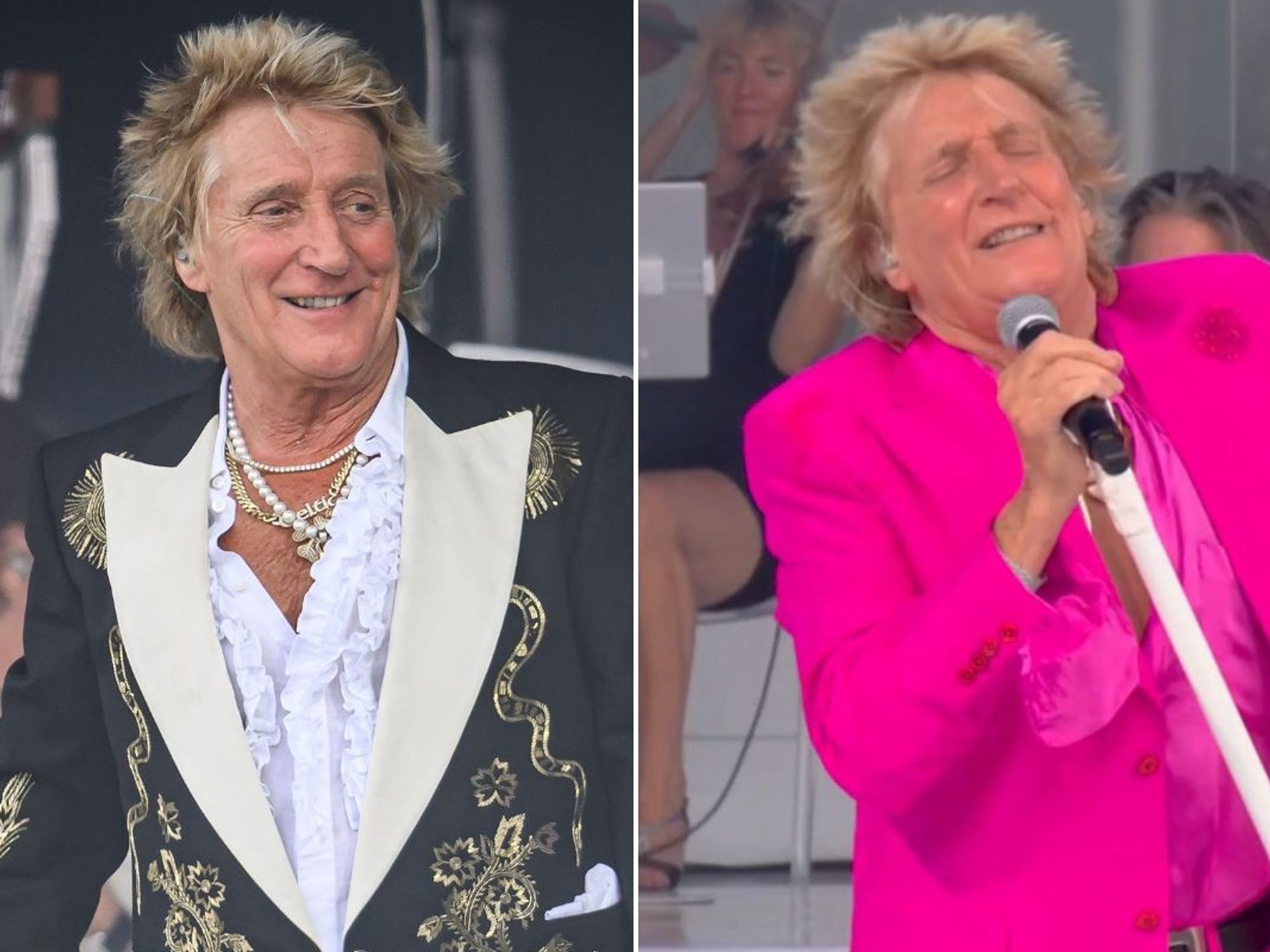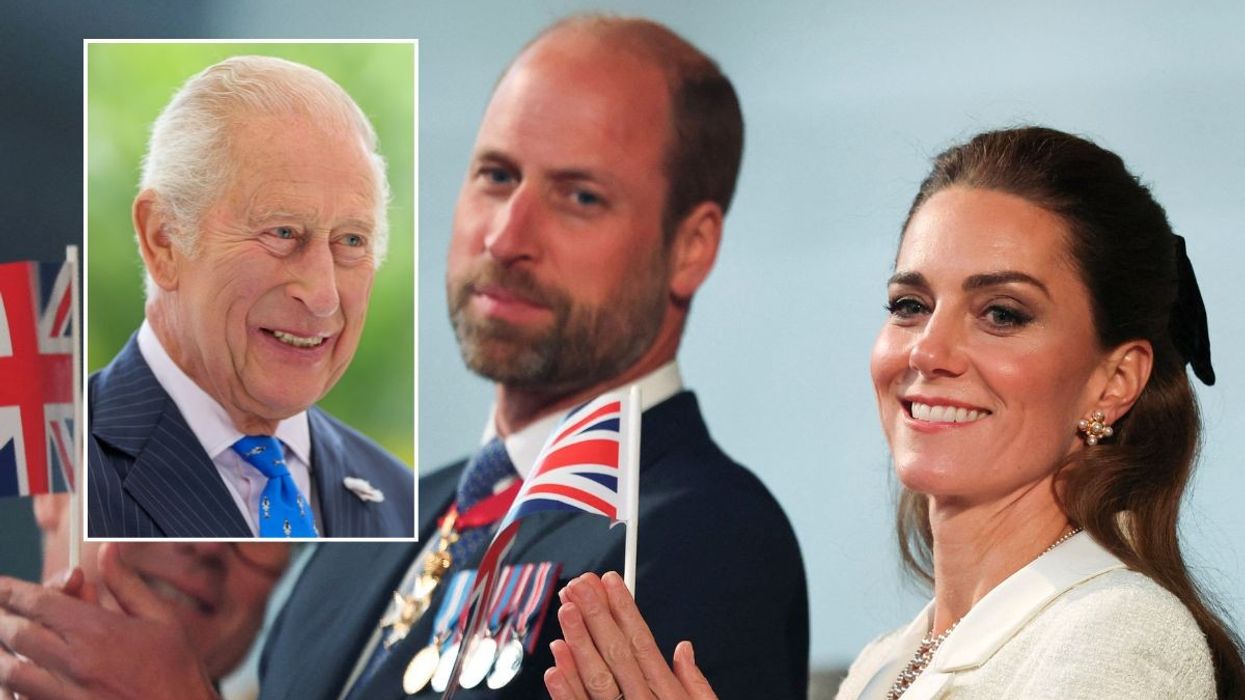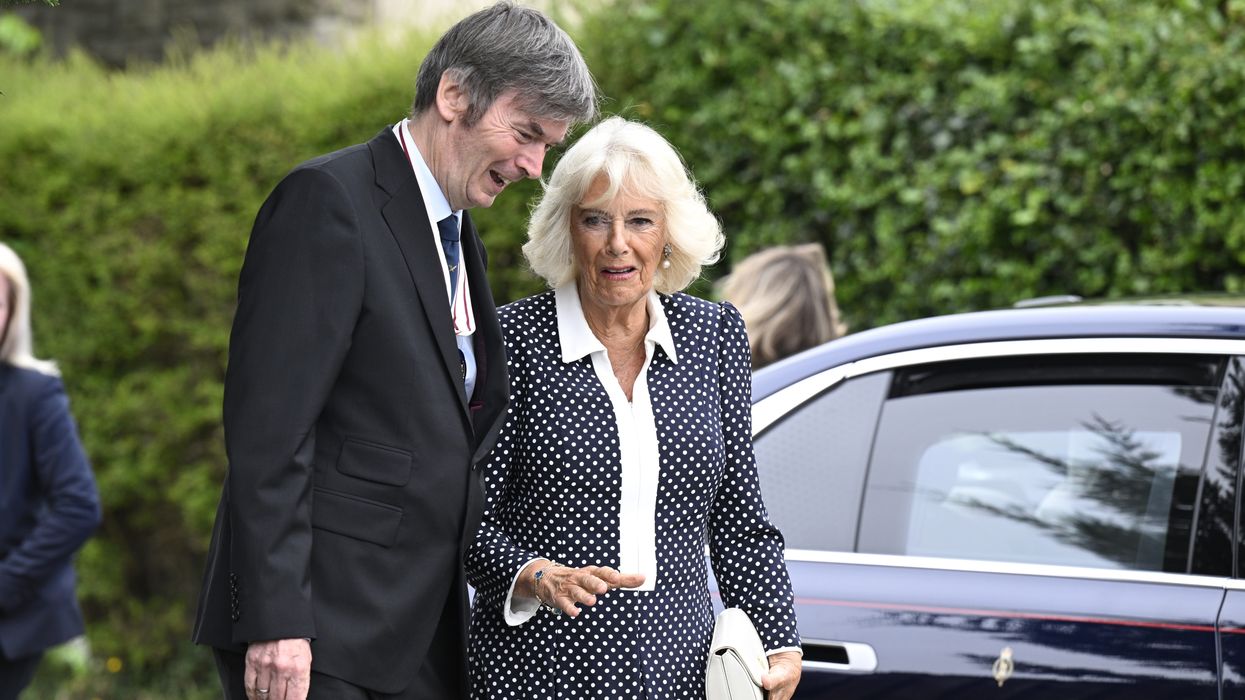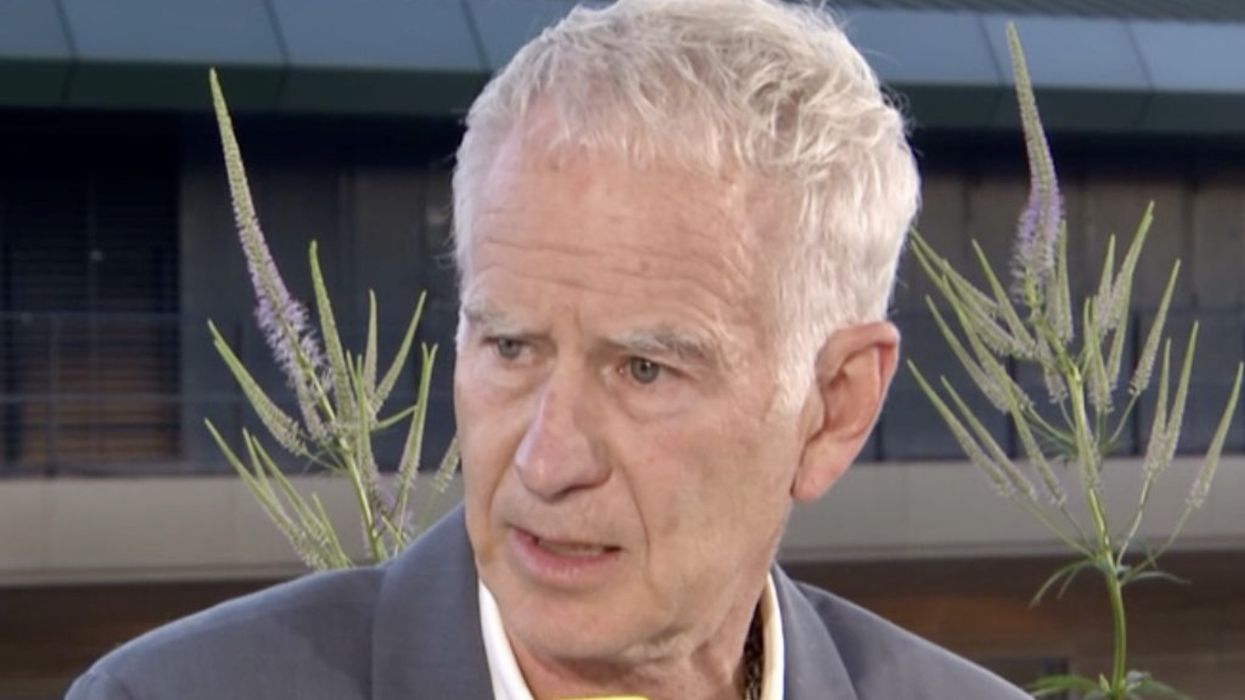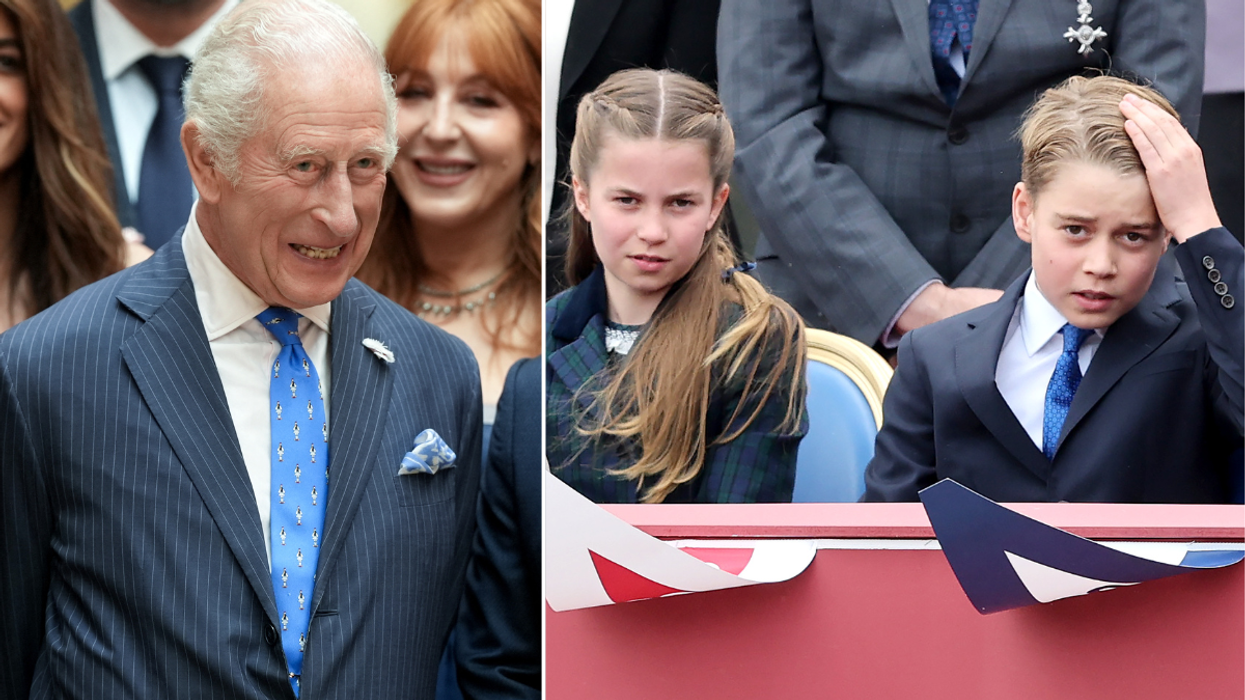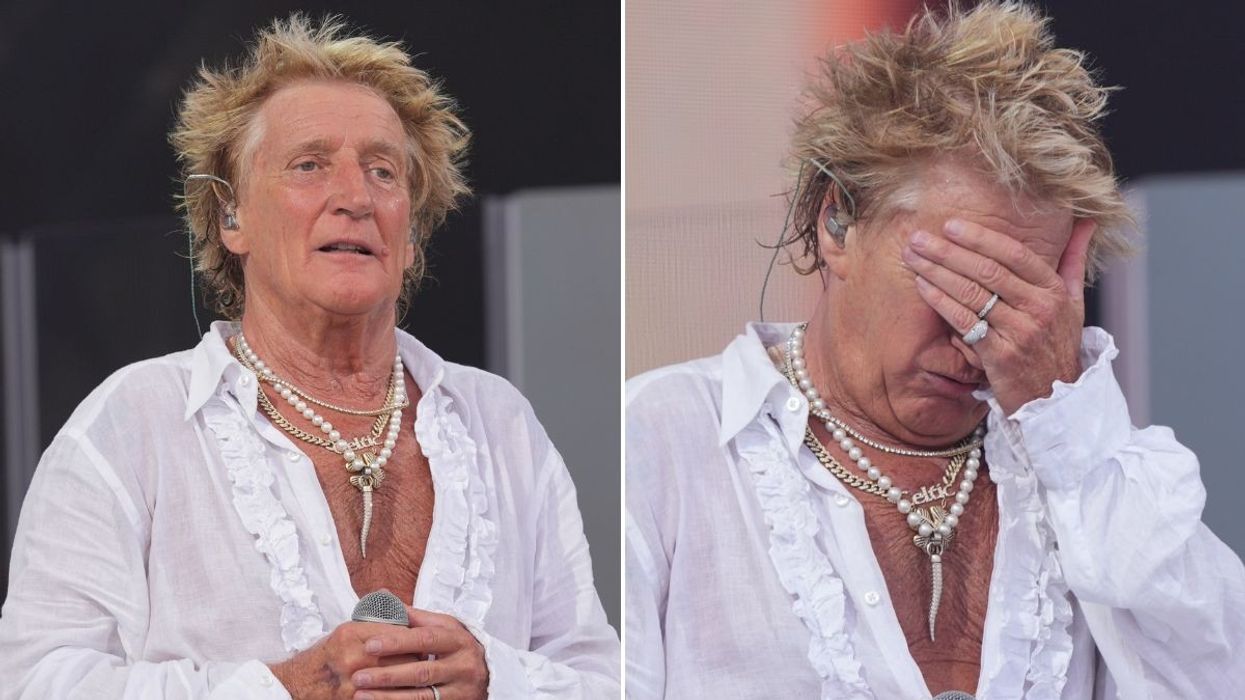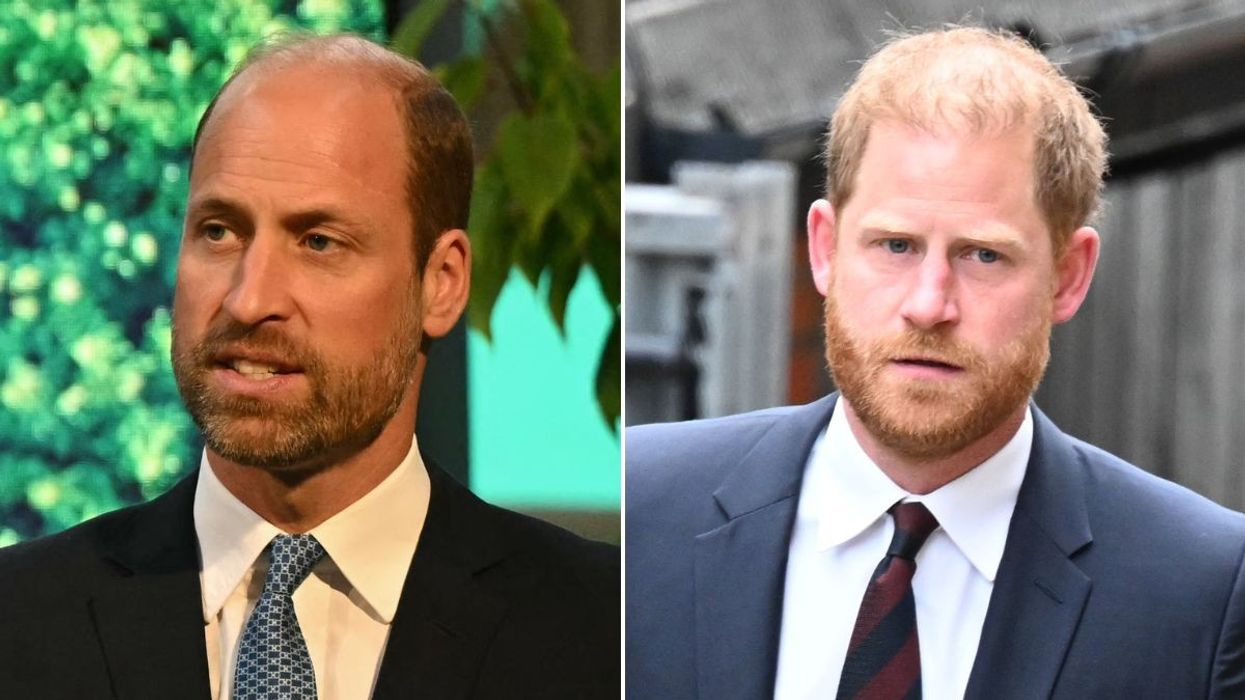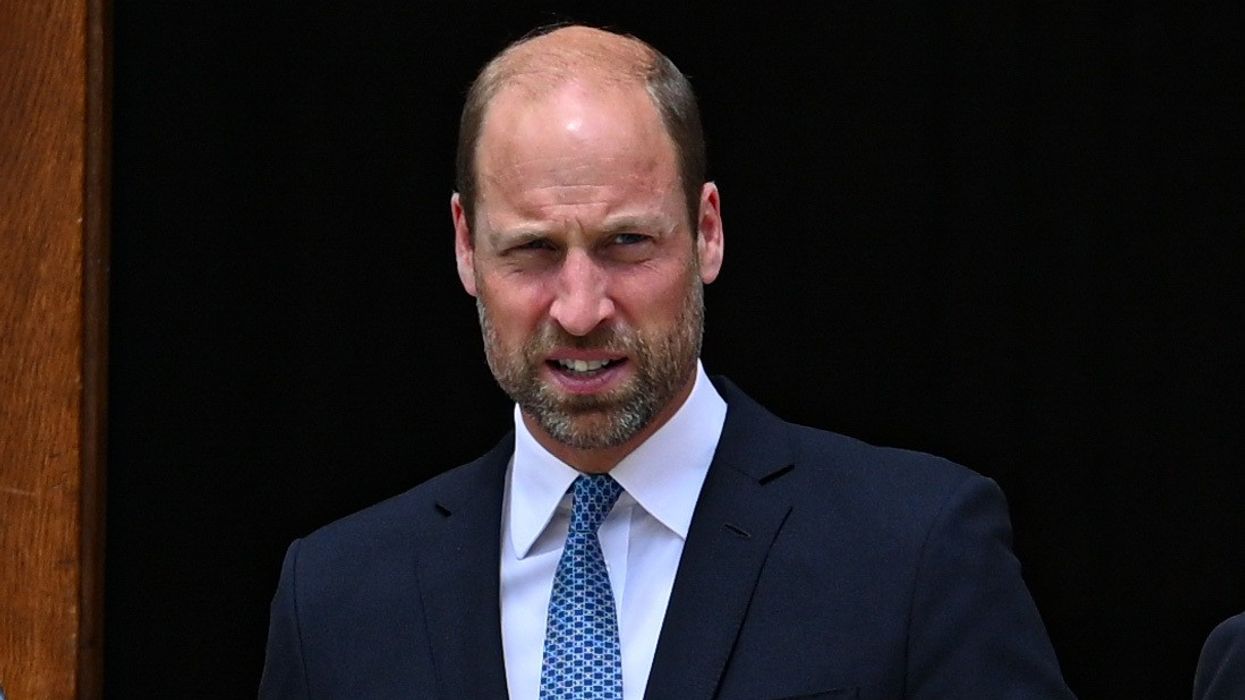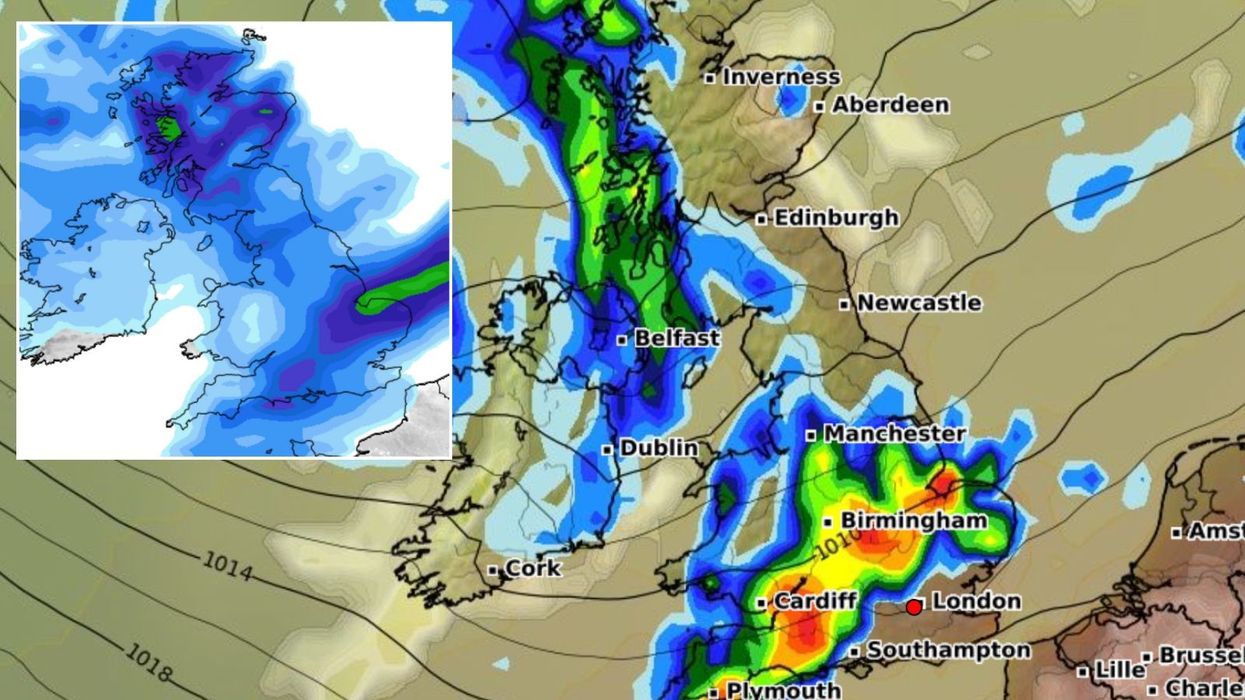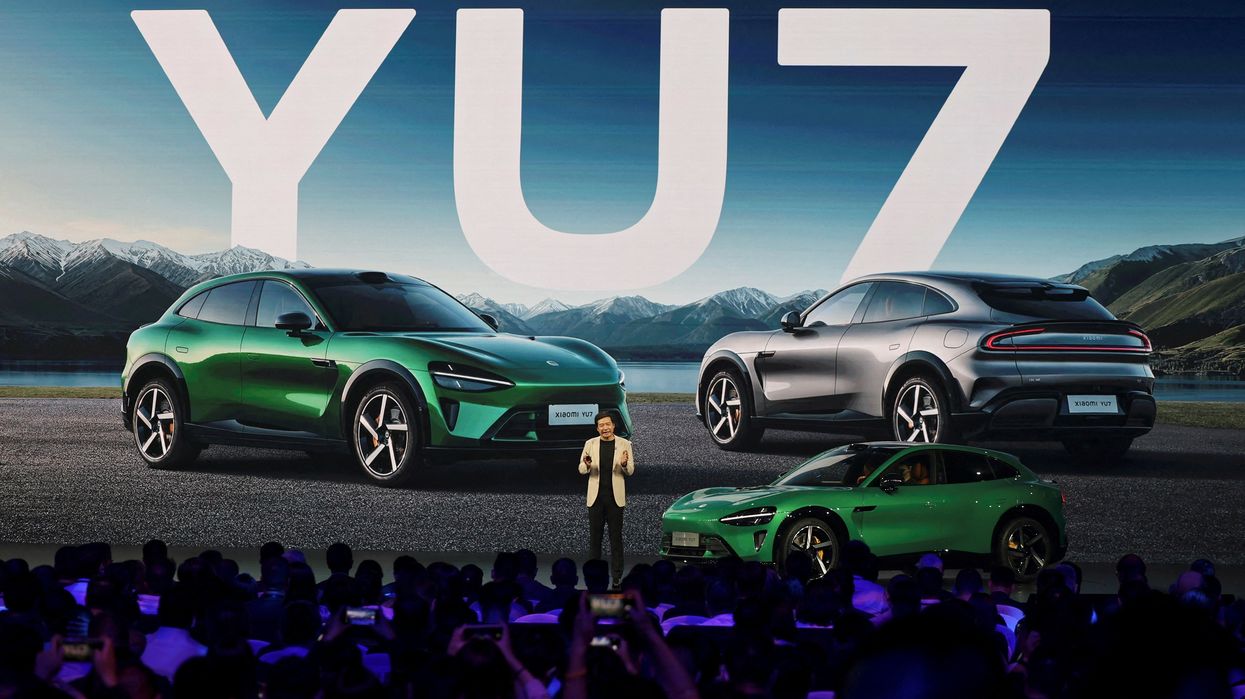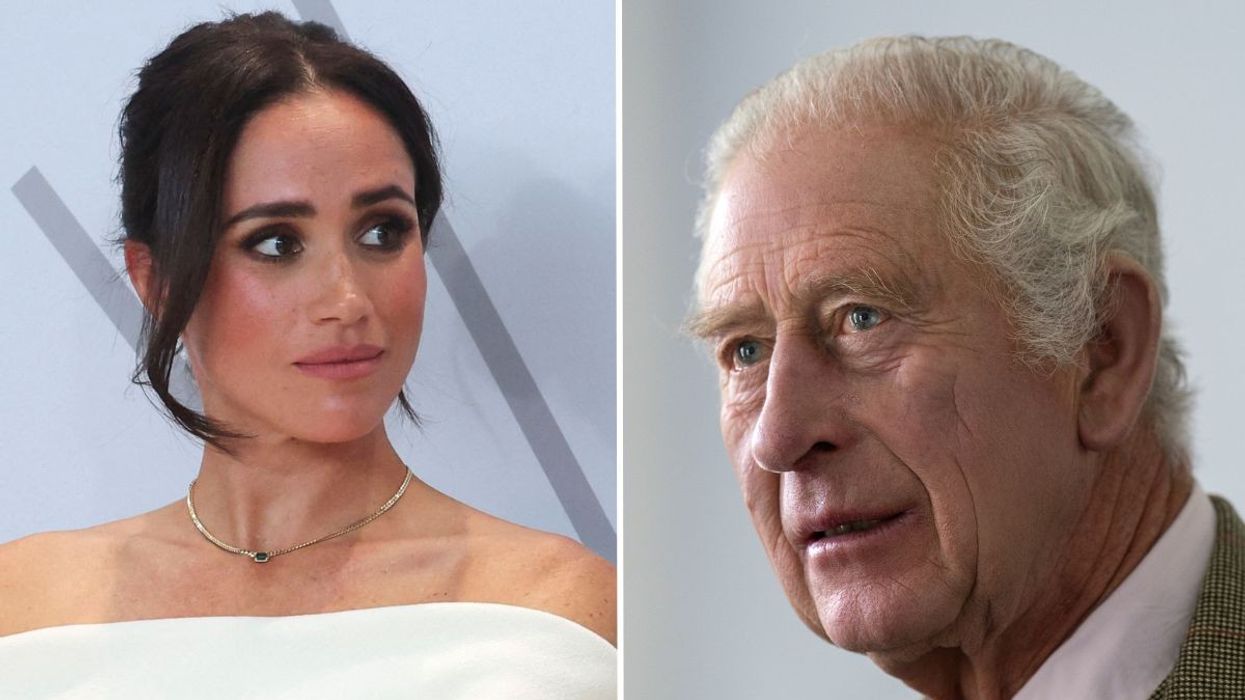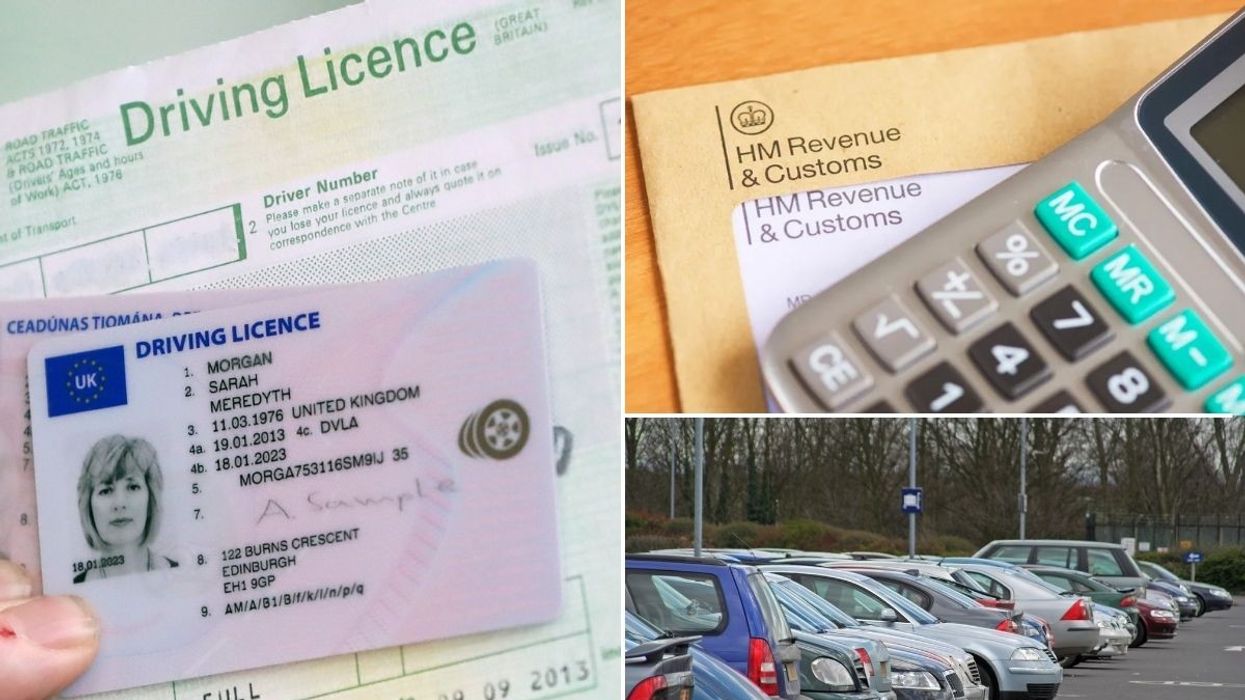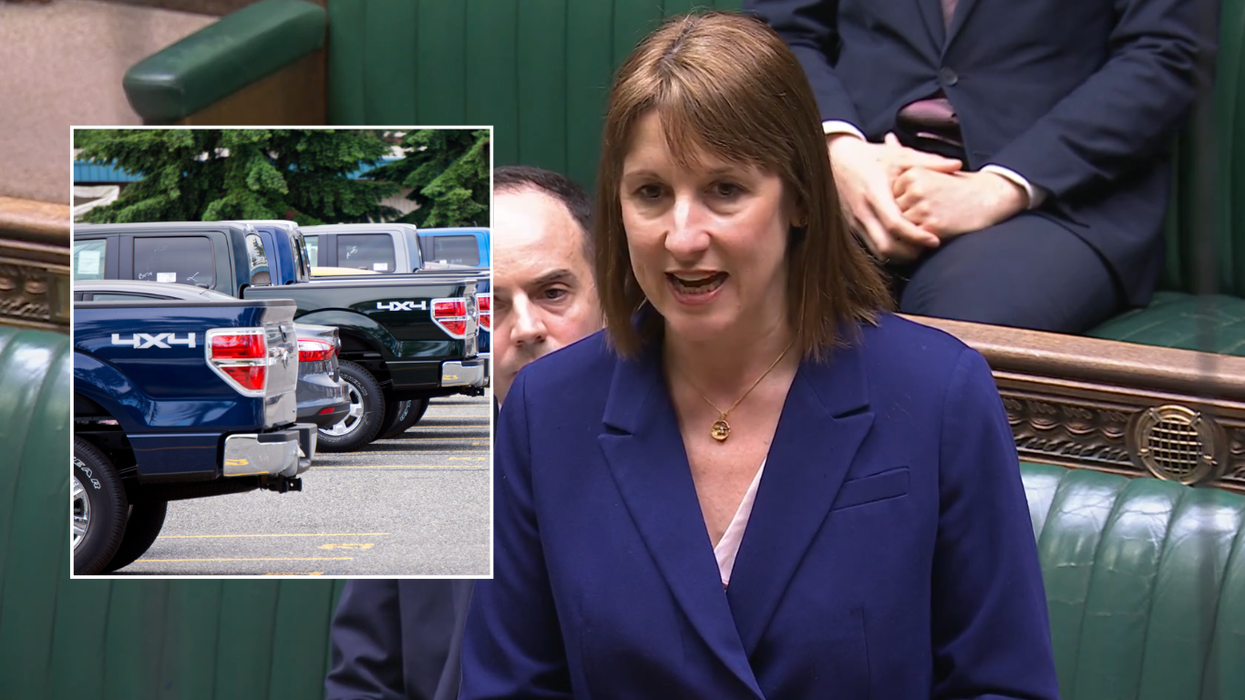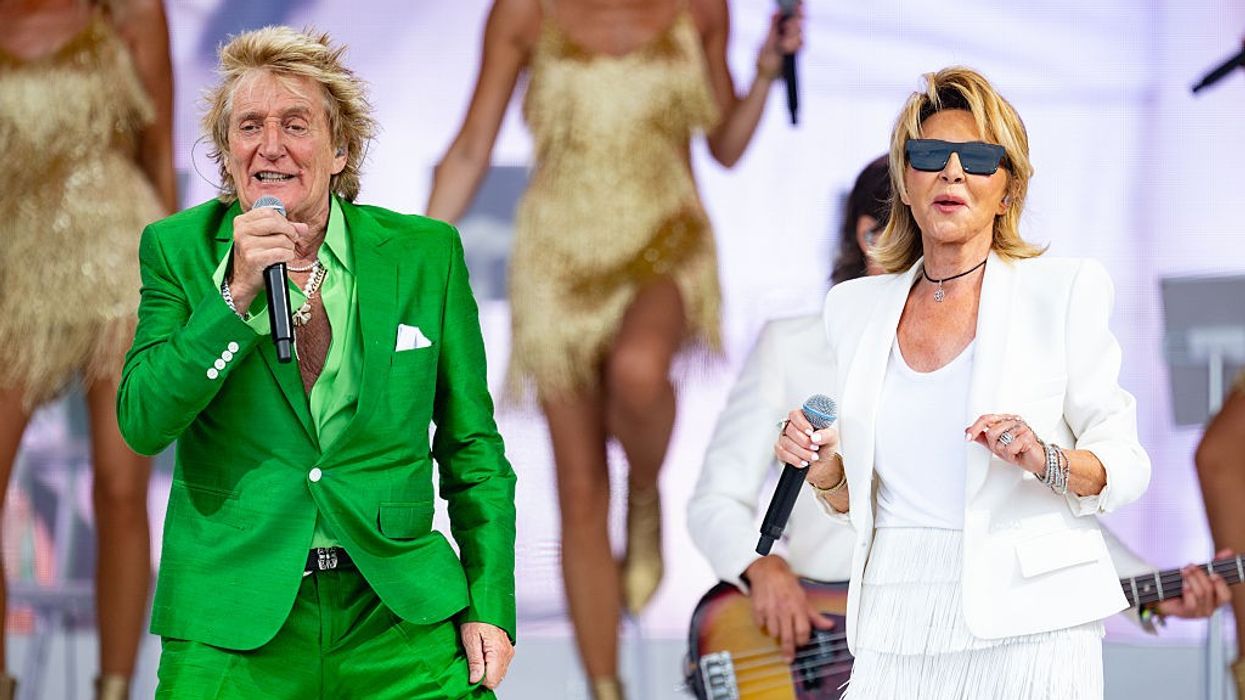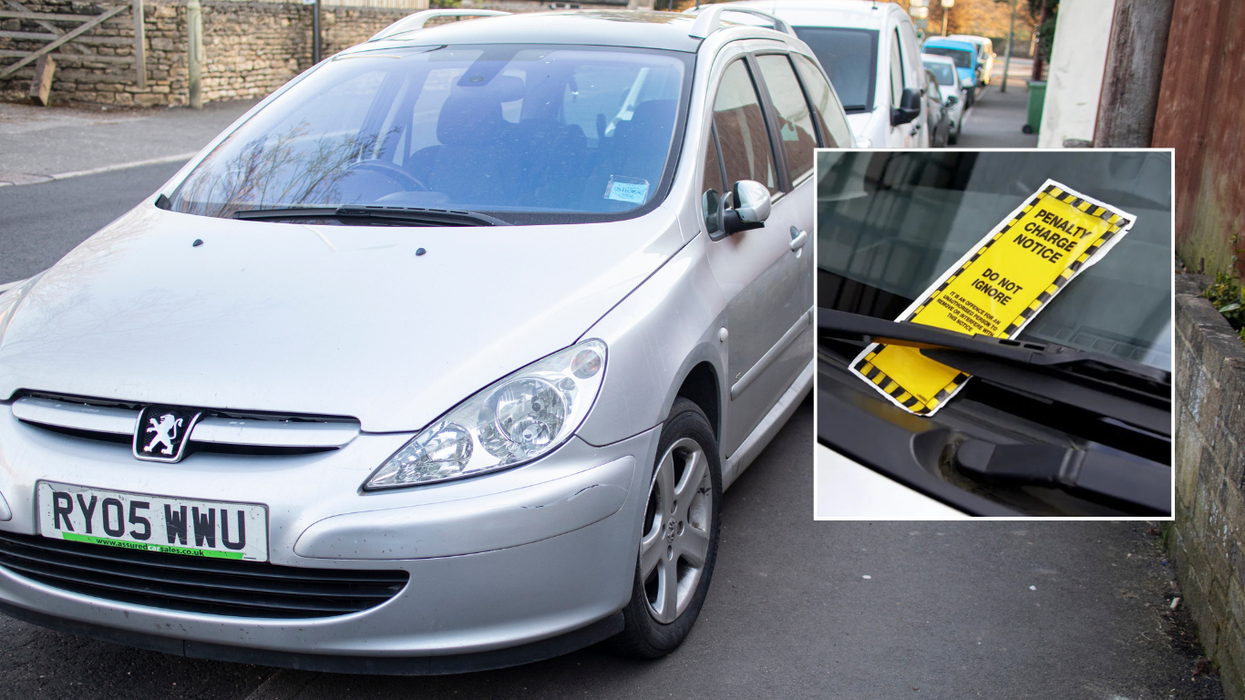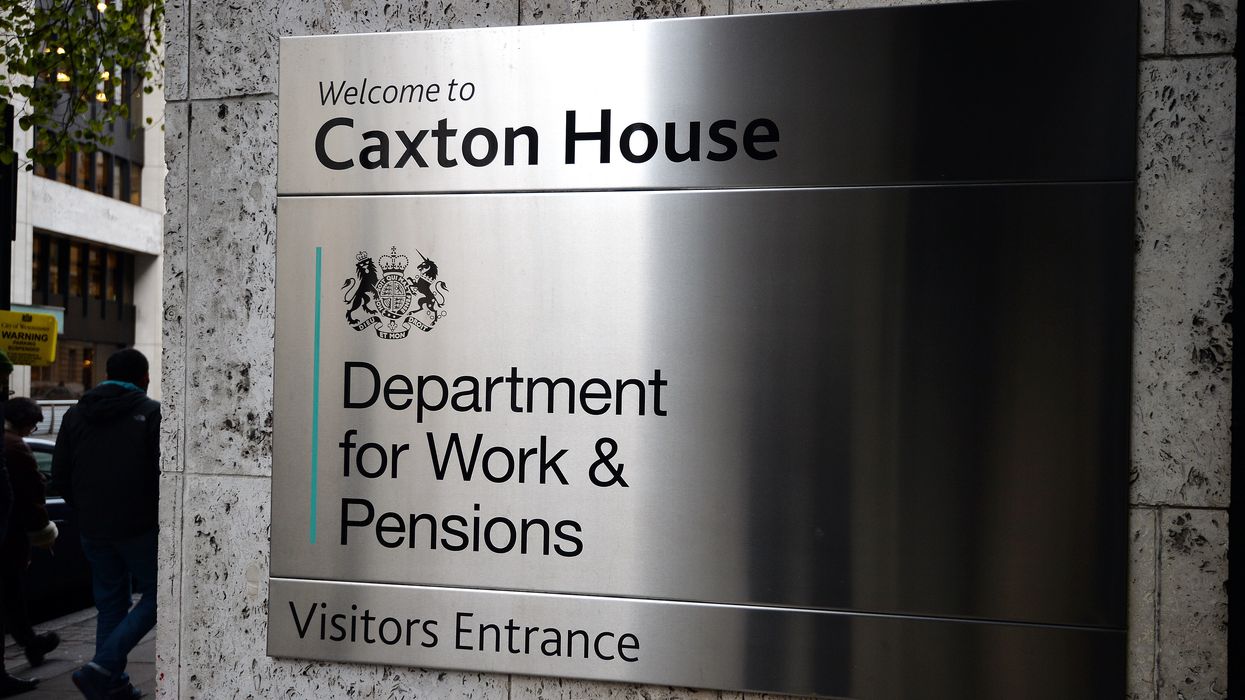Emmanuel Macron admits EU 'could die' in dire warning over economy
Emmanuel Macron admits EU 'could die' in dire warning over economy
Macron expressed grave concerns about the EU's economic competitiveness
Don't Miss
Most Read
French President Emmanuel Macron has warned that the EU "could die" as he issued a warning about over-regulation and under-investment.
Speaking at the Global Dialogue event, Macron expressed grave concerns about the EU's economic competitiveness compared to China and the United States.
"The EU could die, we are on a verge of a very important moment," Macron said. "Our former model is over – we are over-regulating and under-investing. In the two to three years to come, if we follow our classical agenda we will be out of the market".
The French leader's comments come amidst growing worries about the EU's ability to keep pace with global economic powerhouses.
Macron's warning aligns with a recent report by former Italian Prime Minister and European Central Bank chief Mario Draghi which highlighted the EU's inability to compete alone against China and the United States, calling for a more integrated single market to foster pan-European businesses of global scale.
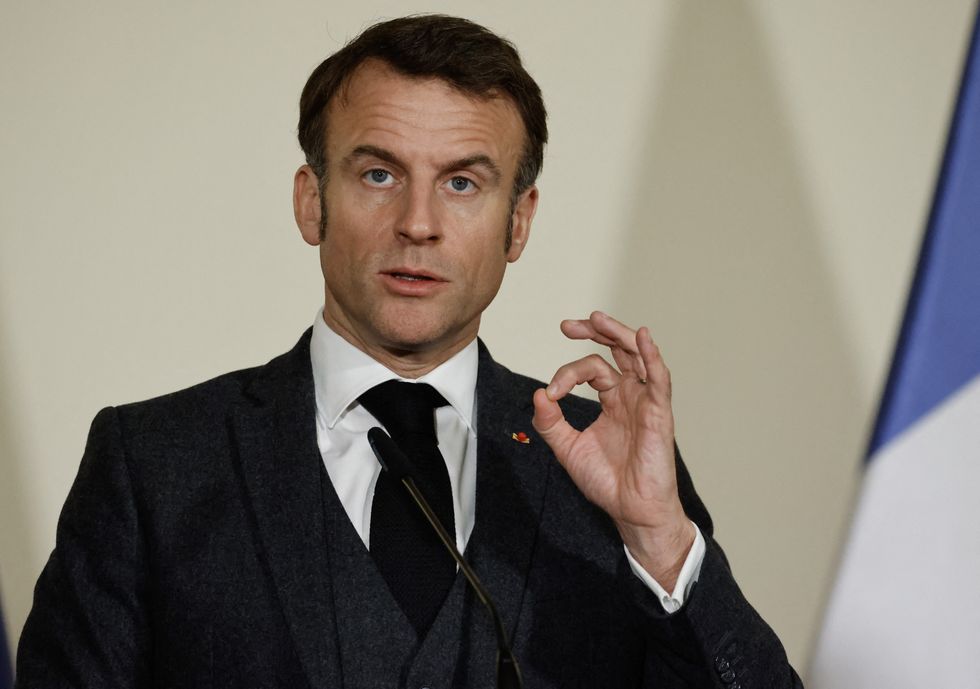 Emmanuel Macron admits EU 'could die' in dire warning over economyGETTY
Emmanuel Macron admits EU 'could die' in dire warning over economyGETTYDraghi's analysis suggests a comprehensive "industrial strategy for Europe" involving €800billion (£672.2billion) in investment to prevent the EU from falling further behind its global competitors.
The French President has called for member states to pursue the banking union package, aimed at ensuring stability and reliability in the Eurozone's banking sector.
Macron also emphasised the need for greater EU integration in defence matters, cautioning against becoming overly dependent on the United States for security.
Macron's concerns echo broader sentiments about the EU's future. The French leader pointed out that both China and the USA outperform the 27-member bloc in economic output and investment.
His warning comes at a critical juncture for the EU, as it grapples with economic challenges and geopolitical shifts.
Draghi's report also suggested that EU governments need to increase spending on joint defence projects. This recommendation gains significance in light of recent comments by Republican presidential candidate Donald Trump.
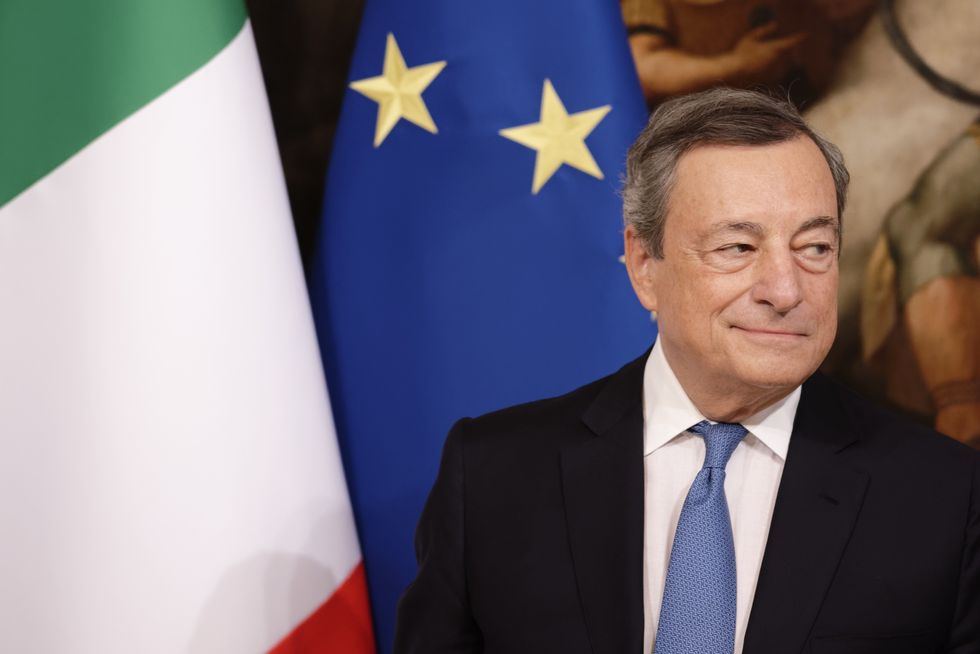 Former European Central Bank (ECB) president Mario Draghi has predicted the EU will be in recession by the end of the year GETTY
Former European Central Bank (ECB) president Mario Draghi has predicted the EU will be in recession by the end of the year GETTYTrump claimed he would allow Russia to "do whatever the hell they want" to Nato members not meeting defence spending targets.
Macron's warning comes as France, Greece, Italy and Poland will vote on Friday in favour of tariffs of up to 45 per cent on imports of electric vehicles (EVs) made in China, sources said, enough to push through the European Union's highest profile trade measures, risking potential retaliation from Beijing.
The European Commission, which is conducting an anti-subsidy investigation into EVs made in China, has put its proposal for final tariffs to the EU's 27 member states for a vote expected on Friday.
The support is a significant boost for Brussels as it pursues one of its largest trade cases ever. It remains unclear how the region's top economy and major car producer, Germany, will vote.
Under EU rules, the Commission can impose the tariffs for the next five years unless a qualified majority of 15 EU countries representing 65 per cent of the EU's population votes against the plan.
LATEST DEVELOPMENTS: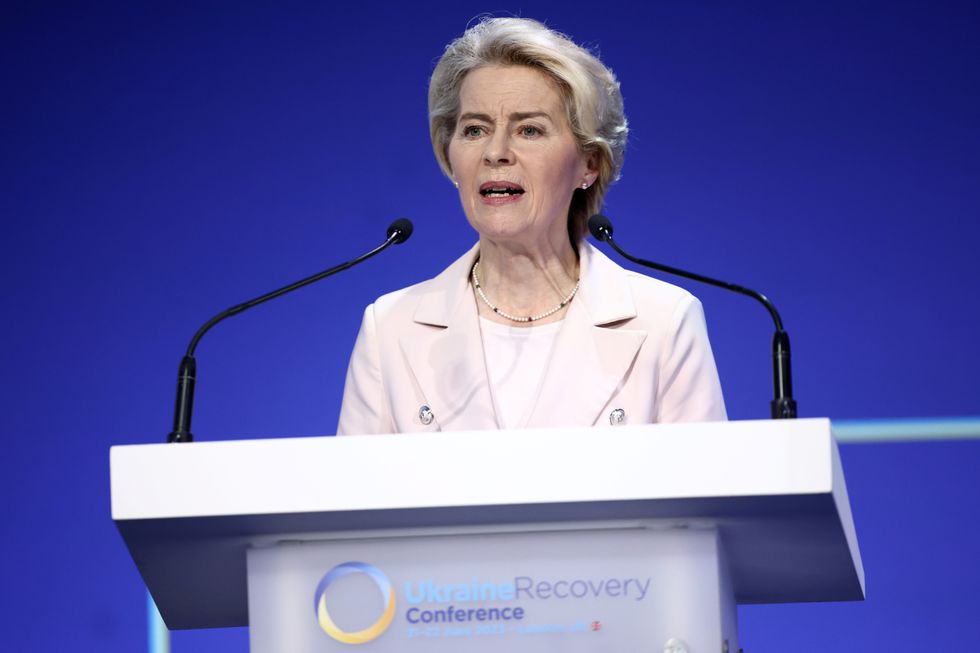
"The EU could die," Macron said.
PA
France, Greece, Italy and Poland will vote in favour, officials and sources in those countries told Reuters.
Together, they represent 39 per cent of the EU population. Commission President Ursula von der Leyen, who launched the investigation a year ago, said the EU needed to protect itself against a potential flood of cheap Chinese EV imports benefiting from state subsidies.
The Commission says registration of China-built EVs rose from 3.5% of the EU market in 2020 to 27.2 per cent in the second quarter of 2024 and Chinese brands from 1.9 per cent to 14.1 per cent.
China's spare production capacity of 3 million EVs per year, which needed to be exported, was twice the size of the EU market, it said on Tuesday.
The EU auto industry has generally opposed tariffs, notably German carmakers, which rely on China for almost a third of their sales.
In moves seen as a retaliation against Brussels' investigation into EVs, Beijing has this year launched its own probes into imports of EU brandy, dairy and pork products.
If tariffs are implemented, Chinese EV makers will have to decide whether to absorb them or raise their prices to cover the billions of dollars in new costs at European borders at a time when demand at home is falling.
The prospect of duties has spurred some Chinese automakers to look to invest in factories in Europe, despite higher labour and manufacturing costs.






